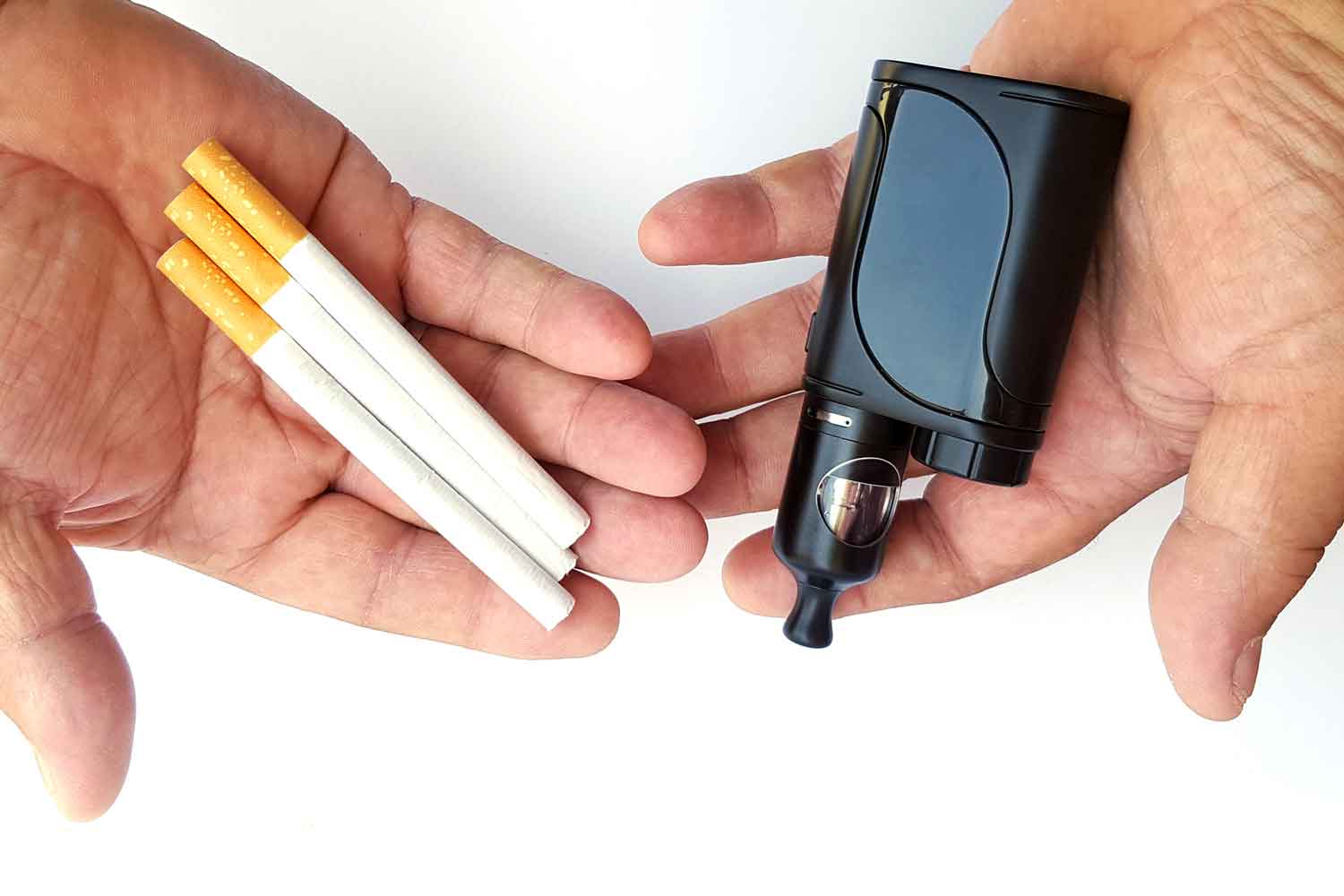The Coalition of Asia Pacific Tobacco Harm Reduction Advocates (CAPHRA) responded to the Maldives’ proposed generational smoking ban, recognizing its public health intent but warning that prohibition without harm-reduction will likely repeat the mistakes of past tobacco control efforts.
The bill, submitted to Parliament in April, would prohibit tobacco sales to anyone born on or after 1 January 2007, making it the first generational smoking ban in the Asia-Pacific region. CAPHRA acknowledged the ambition behind the move, but cautioned that such prohibition, without offering safer alternatives, risks driving tobacco use underground and failing to reduce smoking rates.
“The Maldives’ proposal shows a willingness to try new approaches, but history tells us prohibition alone does not work,” Nancy Loucas, executive coordinator of CAPHRA, said. “When safer alternatives like vaping are banned, as in the Maldives since 2024, smokers are left with few options, and illicit markets thrive. We have seen similar outcomes in Australia and Denmark, where bans failed to reduce harm and instead fueled black markets.”
CAPHRA pointed to New Zealand’s abandoned generational ban and Malaysia’s stalled proposals as evidence “that such policies often create more problems than they solve.” The Maldives’ data shows a 38% increase in illicit tobacco trade since recent bans and tax hikes, while youth smoking remains high.
“If the Maldives is serious about reducing smoking, it must look beyond age-based bans,” Loucas said. “Evidence from the UK and New Zealand demonstrates that regulated access to safer nicotine products, combined with education and support, delivers real progress. Prohibition without harm reduction simply pushes people toward unregulated and unsafe options.”







